4 Tips for Improving Your Foreign Language During a One-Month Stay
 Last fall, American friends of ours spent a month in Dijon. They had rented an apartment over the Internet with the dream of soaking up local life “the French way” and getting a huge boost in their fluency in the French language.
Last fall, American friends of ours spent a month in Dijon. They had rented an apartment over the Internet with the dream of soaking up local life “the French way” and getting a huge boost in their fluency in the French language.
They certainly had a wonderful time exploring the city and the surrounding region, and they thoroughly enjoyed the local food.
But, not surprisingly, they found it difficult to engage with locals in French, beyond their daily shopping chores, ordering in restaurants, sightseeing adventures, and asking for directions and information around town. (see Becoming Fluent in French in 1 Month in Dijon, France - Part 1 )
When we started planning our one-month stay in Seville, we thought a lot about how we could get the most language learning out of our visit
Our Four Tips
1. We always use the local language – in our case Spanish - and refuse to use English.
When we asked for information in the local tourist office, the young woman was eager to respond in English to our (still imperfect) Spanish, but then continued in Spanish when we did not follow suit.
We found an apartment in the old town and have started to frequent local cafés, bodegas, and market stands to the point that the waiters and sales persons know us and don't mind chatting with us, only in Spanish.
2. We spend mornings (or several hours, as it fits our schedule) learning Spanish on our own.
We start with online sessions on GamesforLanguage, Duolingo, and Babbel, where we need to speak up and sound out Spanish phrases and sentences.
We follow this up with exercises in a grammar book and by writing out verb conjugations on a sheet (which we carry around for practice in between).
3. We listen to Spanish TV in the morning as we get breakfast ready, read an article or two in the local newspaper (or online, using Lingua.ly) and typically watch the Spanish evening news.
Most evenings, we also watch parts of a Spanish film or program after we get back from dinner out.
4. We meet with language exchange partners.
No doubt, this last point, meeting with native speakers for extended conversations, is giving us the most dramatic results.
It goes without saying, however, that our other efforts are also essential techniques for putting our brain into “Spanish gear,” expanding our vocabulary, as well as our sharpening listening and speaking abilities.
(Our experience with a local Spanish tutor will be the topic of another blog and can obviously not be separated from the “most dramatic results.”)
Setting up Language Exchanges
On the internet, we found quite a few different language exchange sites.
We subscribed to three of them: conversationexchange.com, mylanguageexchange.com and gospeaky.com.
While all three are free, we found conversationexchange.com to be the most effective for us.
(Although we had bought a premium membership for mylanguageexchange.com and had been able to find several contacts in Seville, none of them has worked out so far.)
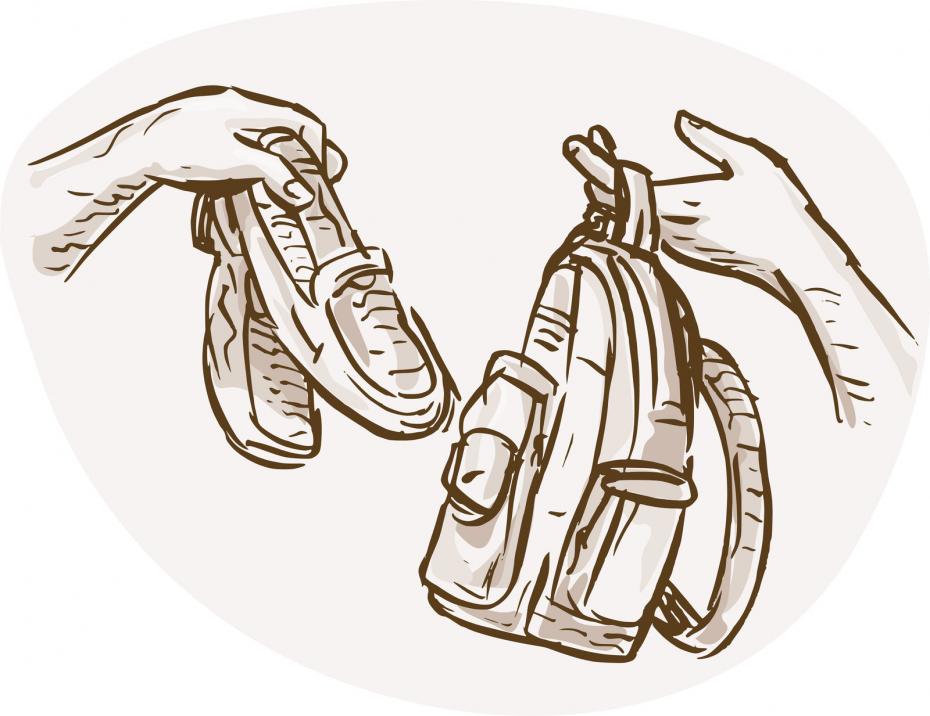 On the other hand, conversationexchange.com allowed us to screen both for Sevilla and for “face-to-face” conversations (both options that gospeaky.com does not offer).
On the other hand, conversationexchange.com allowed us to screen both for Sevilla and for “face-to-face” conversations (both options that gospeaky.com does not offer).
Key to finding language exchange partners in the city where you are staying, is to start the search early.
Some subscribers may have moved and not all of them check their site regularly.
We've been able to meet with three of our contacts already several times and have been very pleased with the interaction.
Below we describe our thoughts for face-to-face meetings, these may apply as well to skype or other real-time online conversations.
Preparing for our meetings
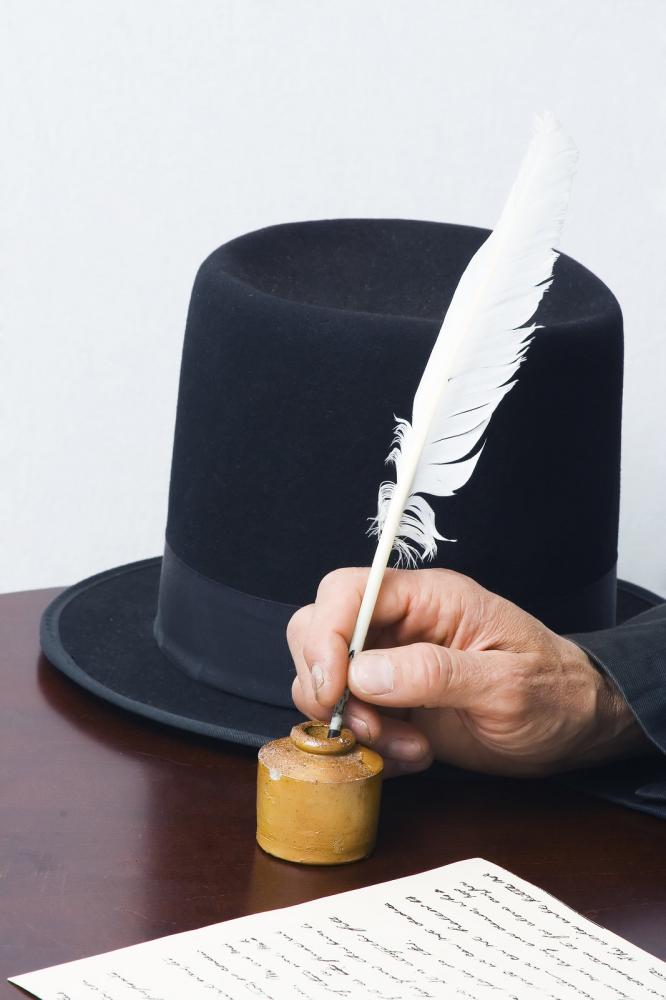 We write out scripts with basic sentences about ourselves plus questions to ask (and continue to do so for every meeting).
We write out scripts with basic sentences about ourselves plus questions to ask (and continue to do so for every meeting).
This has us figure out the difference between imperfect and simple past verb tenses, for example, and continues to make us look up some basic additional vocabulary about professions, family, hobbies, local politics, European news, etc.
We practice these “scripts” and our various questions first silently and then out loud.
Meeting with our Language Exchange Partners
During our short first visit to Seville three years ago,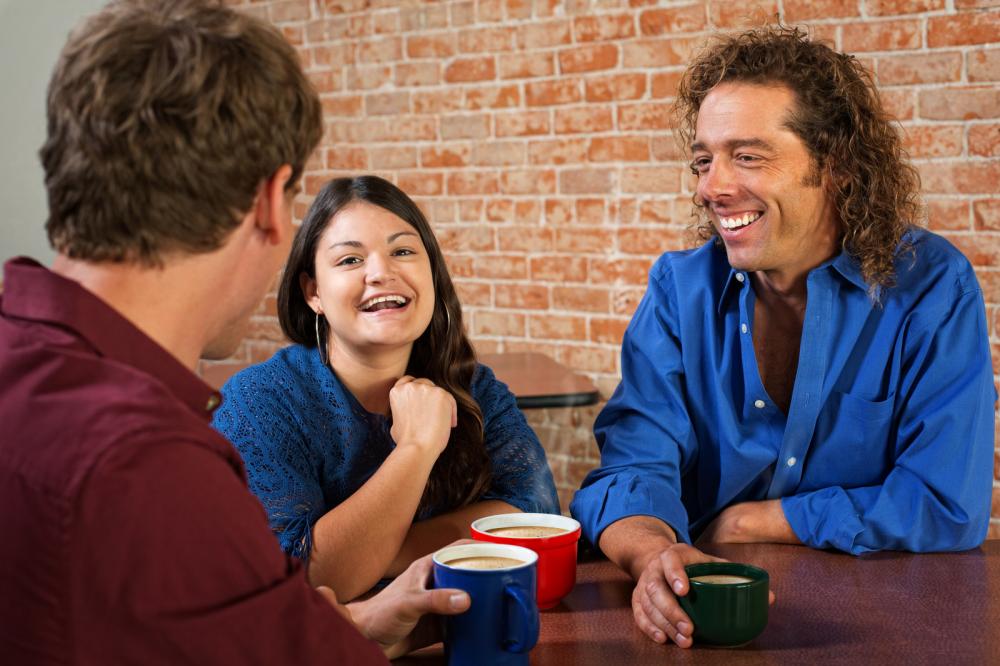 we had not really noticed it.
we had not really noticed it.
But several friends have alerted us that locals in Seville have a distinct dialect that is not always easy to understand by foreigners.
We've already encountered the “dropped s” that happens not only in final position of words but also in their middle.
Most people in Sevilla say “gracia” (instead of “gracias") and “i-quierda” (instead of “izquierda”).
When we order two beers, we hear the waiter echo us with “do cerveza” (instead of “dos cervezas”) but that is just the tip of the iceberg.
(see also Learning Spanish - First Impressions of the Local Dialect in Seville, Spain)
Though the three people we've been meeting, Sara, Carlos, and Marta, are quite different in age, background, and profession, our language-learning experience with each is rather similar.
Dividing up the Time
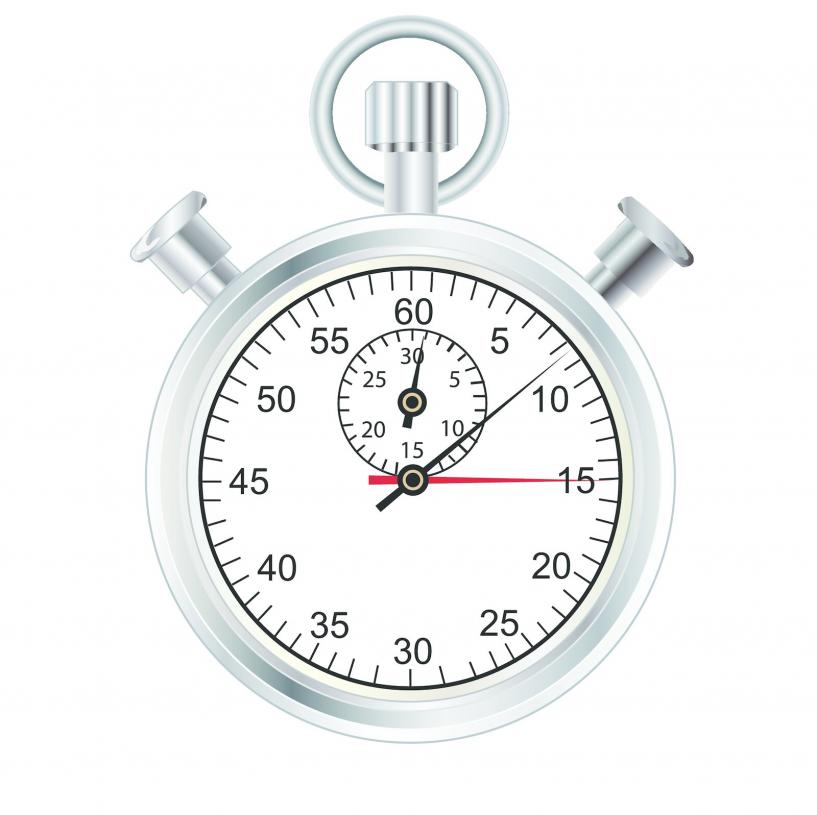 Going with the advice of friends who are more experienced in language exchange, we said right off at each meeting that we'd like to stick with 20 minutes Spanish only.
Going with the advice of friends who are more experienced in language exchange, we said right off at each meeting that we'd like to stick with 20 minutes Spanish only.
That was followed by 20 minutes English only (or, in the case of Carlos, 20 minutes German - which he preferred), with the rest of the time open to going back and forth.
We believe that dividing up the time equally is a better arrangement than having each person just speak the language he or she is learning.
Listening comprehension is an important skill to practice, especially with native speakers, and in the case of our local exchange partners, a real challenge for us.
Fast Colloquial Spanish
Sara, Carlos, and Marta are all from Sevilla and speak rapid-fire Spanish with us, dropping their s's all over the place (sometimes even when speaking in English).
It is quite clear that it's hard to have a language exchange with someone who is a total beginner in the language s/he is learning.
In order to have anything like a conversation, both parties should know the basics of communication and have an adequate vocabulary.
Although it is intimidating at first, jumping into real spoken language is the best way to go.
Listening in a Conversation
When you listen to the radio, watch a film, or listen in when 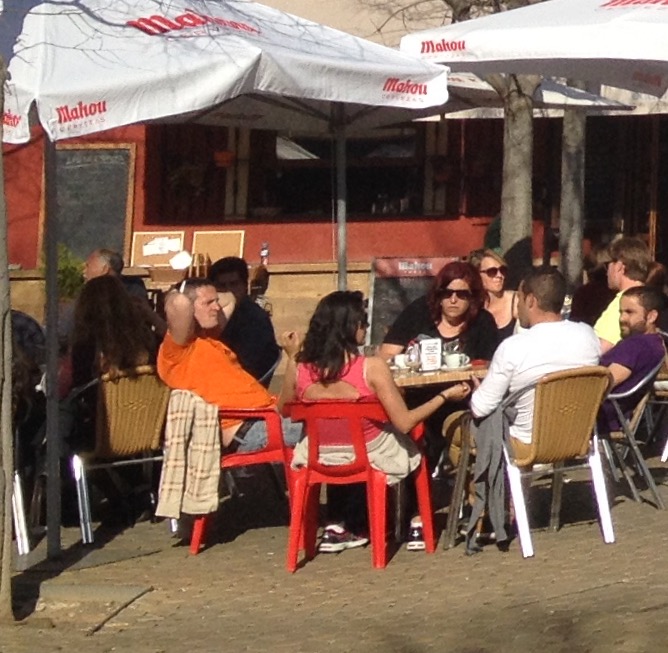 other people are speaking, you are of course training your listening skills.
other people are speaking, you are of course training your listening skills.
But that kind of “passive listening” is a somewhat different activity from listening while engaged in a conversation.
When someone speaks to you, you are expected to respond.
In fact, as you're listening, your mind is interpreting what you're hearing and beginning to create a response to what is being said.
When this is happening in a foreign language, your brain - including its grammar region - is in in full, active gear.
It's the best kind of brain training.
No doubt, after our four weeks in Seville, we'll both better understand and may even have picked up bits of the local accent, though I don't think I'll continue to say “gracia” (without the “s”) once we've left this charming town.
Using face-to-face language exchanges in the city you are staying is not only a great way to meet local people, but can be key to improving your fluency in the foreign language.
This way, you can certainly level up considerably in one month.
